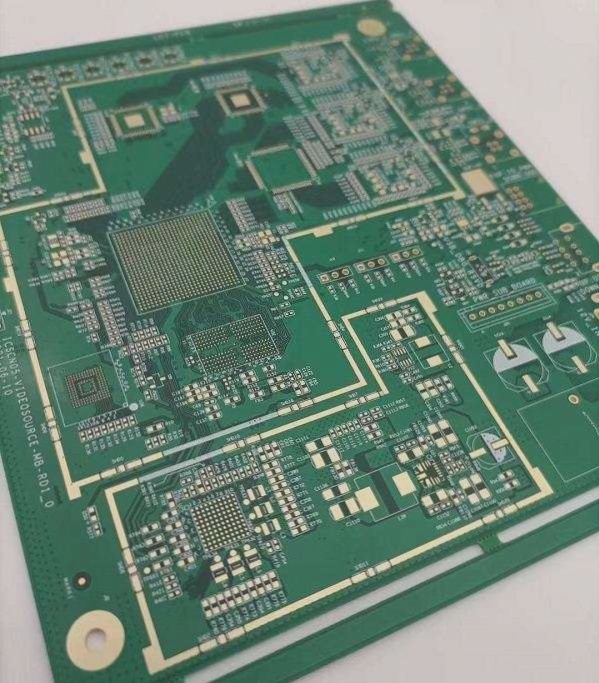Solder Balls Issues and Solutions
- PCB silk screen misalignment with pads
- Excessive oxidation exposure of solder paste
- Imprecise, slow, and uneven heating
- Rapid heating rate and prolonged preheating intervals
- Quick drying solder paste
- Insufficient flux activity
- Presence of excessive tin powders
- Inappropriate flux volatility
The acceptance criteria for PCB solder balls specify that when the spacing between pads or printed wires is 0.13mm, solder ball diameters should not exceed 0.13mm, with a limit of five solder balls within a 600mm² area.
Bridging Issue
Solder bridging is often caused by thin solder paste or inadequate surface tension of the flux. Factors like excessive solder paste, high reflow temperature, or large solder particles can contribute to this problem.
Open Issue
- Insufficient solder paste
- Inadequate component pin coplanarity
- Poor solder wetting and fluidity
- Pins sucking solder or nearby via holes affecting coplanarity
For BGA packaged IC soldering emergencies, reset and re-solder using a BGA soldering station. Alternative methods include using solder paste to enhance fusion between solder balls and pads and applying heat with a hot air gun while controlling the duration to prevent damage.


